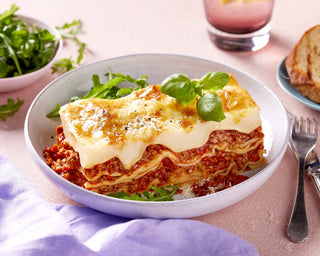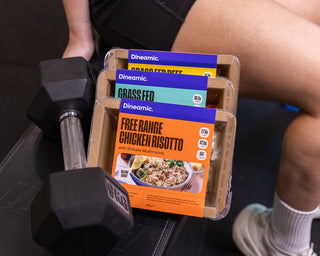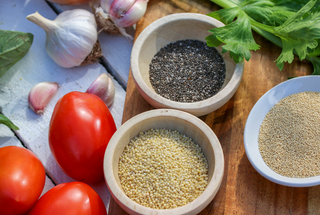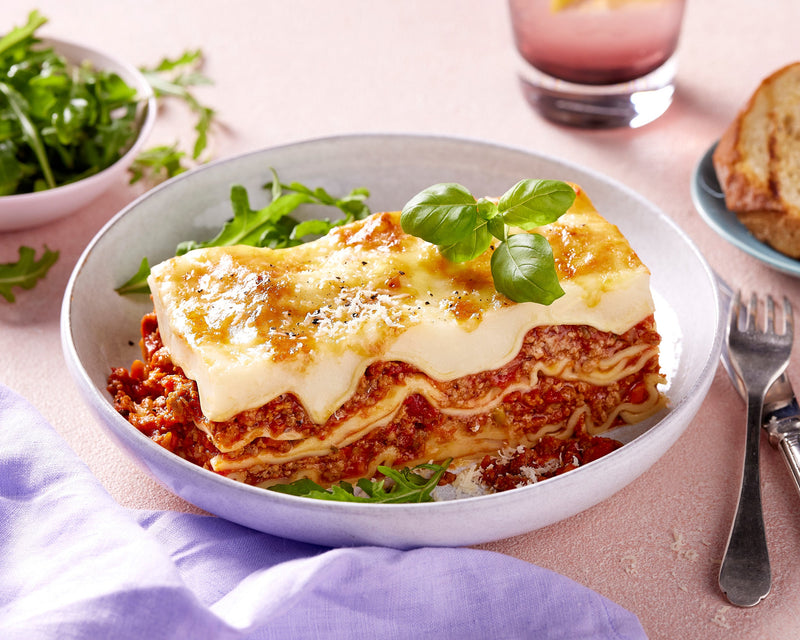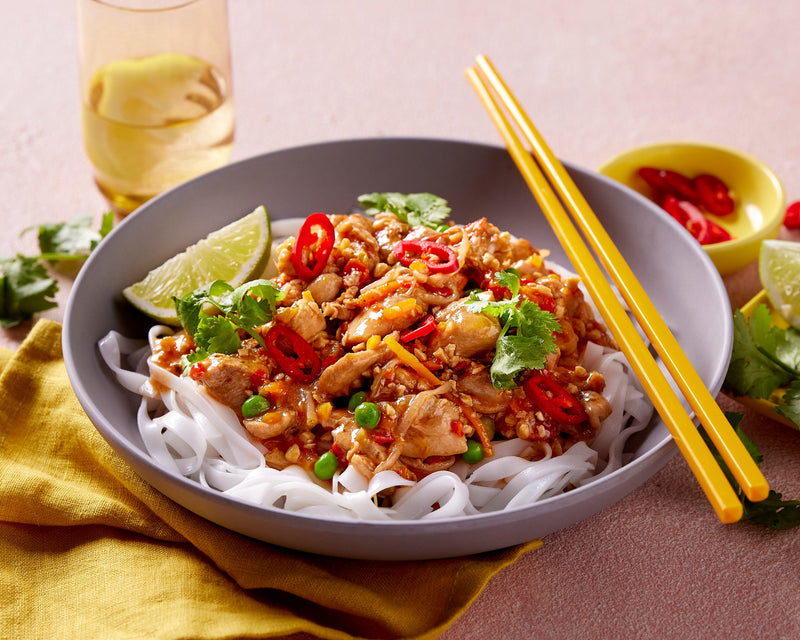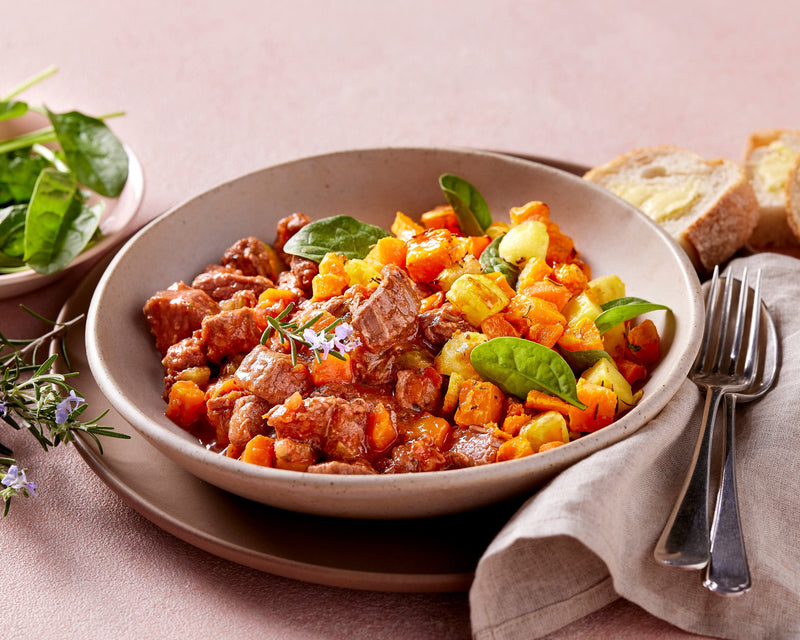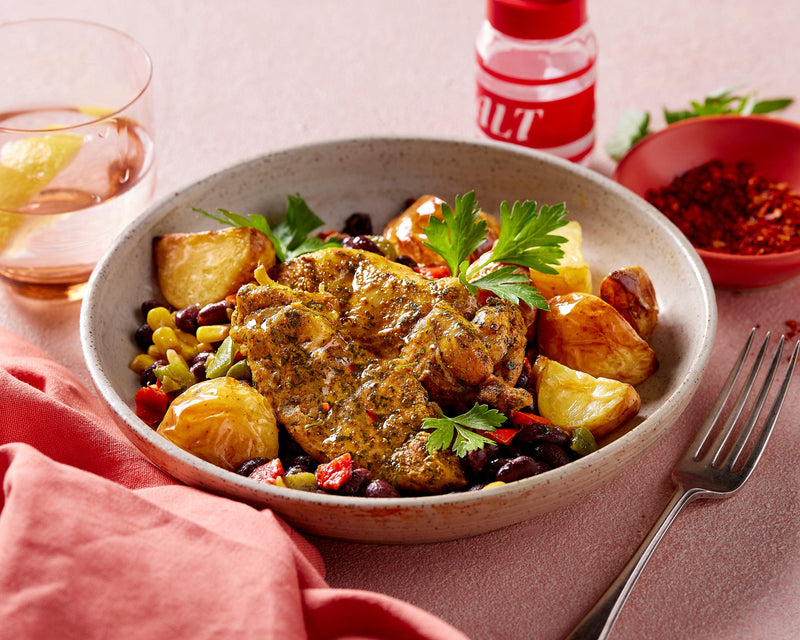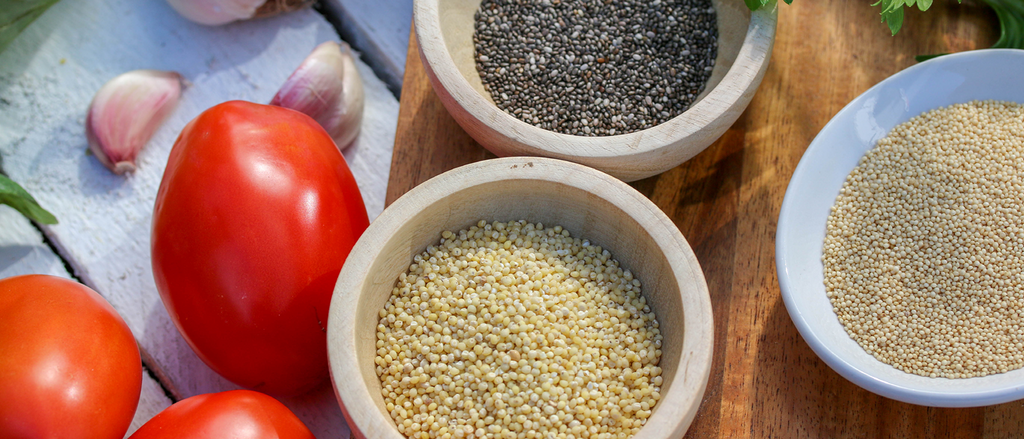
Whether it’s in the form of a powder, bar or a meal most people think only of animal sources only when it comes to protein. While it’s true that animal sources pack a protein punch, you might be surprised to find that non-meat sources make up 49% of the protein in your food supply. This not only makes it easily accessible and affordable but also means you’re provided with other micronutrient benefits and is great for the vegetarian/vegan folks out there.
With that in mind, we’re sharing our favourite plant-based sources of protein in this week’s post.
1. Quinoa
1/2 Cup of Cooked Quinoa = 1 Serving of Grains
Now mainstream, quinoa is praised as a glorious gluten-free option that contains 8 grams of protein per cooked cup which is pretty good, almost twice the amount compared to rice or barley. It is a complete protein containing all essential amino acids (the building blocks of protein that aren’t normally produced by the body) making it a rare find in the plant world and only available through dietary intake.
It gives a fluffy, creamy texture with a subtle nuttiness so you can let your culinary creativity run wild.
Where you’ll find it: This one’s a Dineamic staple! We love the nutritional value of course, but also the texture and flavour profile.
You can find it in dishes like our Minestrone & Quinoa Soup and Date, Honey, Quinoa & Walnut Muesli Slice.
2. Yoghurt
 3/4 Cup of Cooked Quinoa = 1 Serving of Dairy
3/4 Cup of Cooked Quinoa = 1 Serving of Dairy
Yoghurt is not only convenient and a great source of calcium, but also contains up to 10g of protein (per 100g) if you go for Greek yoghurt. For those with lactose intolerances as well, Greek Yoghurt is easier to digest because of the microbial breakdown of lactose during production. Winning.
Greek yoghurt can be a great healthy ingredient swap - if a recipe calls for sour cream, use greek yoghurt instead! It's also a great addition to Indian curries and spicy foods to calm the fire & add some creaminess.
Where you’ll find it: Bircher Muesli with Wild Berries (now available in a larger size) and Butter Chicken
3. Beans
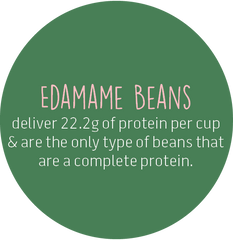 1/2 Cup Dried or Canned Beans = 1 Serving of Vegetables
1/2 Cup Dried or Canned Beans = 1 Serving of Vegetables
Beans are considered the next highest source of protein just after animal foods. They’re not only great in this respect but are also low in fat, rich in minerals and more importantly high in fibre. Depending on which types of beans you choose, their protein content can range from 14g through to 28g per cup, a massive amount.
Another beany-bonus? There are so many different varieties of beans now readily available, which means that it’s easy to change them up without getting sick of them. Get your bearings with more common varieties like black beans, cannellini beans and edamame, then work your way to some other awesome options like black-eyed peas (not the band) and pinto beans.
Where you’ll find them: Grass-Fed Beef Chilli Con Carne (a solid team favourite – try it with brown rice, avo, fresh tomatoes & leaves), Chicken Burrito Mix, and our Minestrone & Quinoa Soup.
4. Amaranth
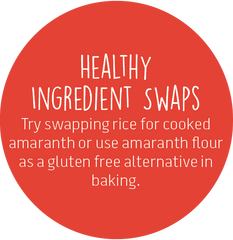 1/2 Cup Cooked Amaranth = 1 Serving of Grains
1/2 Cup Cooked Amaranth = 1 Serving of Grains
Popular in Mexico, Africa, India and Nepal amaranth is a seed that has similar characteristics to quinoa and other ancient grains. It’s also 15% protein giving you 9g of protein per cooked cup. Not to sound the alarm quickly, but amaranth has been criticized to be a high GI food due to its low resistant starch content however a study found that a combination of amaranth and wheat flour made it a low GI food.
Where you’ll find it: Rustic Tomato & Ancient Grain Soup.
5. Eggs
2 Large Eggs = 1 Standard Serve
This one’s a go-to for many! Easy & good for you, just one egg contains 6g of protein, making it a great pre-training or arvo snack option for athletes and for everyday people. They’re also a good source of omega-3 fatty acids A, E and B12 and Iron and one of the only dietary sources of vitamin D. That’s one loaded resume as far as we’re concerned!
Where you’ll find them: We are currently egg-free at Dineamic but keep your eyes peeled as we just might have to add some with all that goodness!
Let us know in the comments what your other favourite non-meat sources of protein are and how you get them into your diet.


